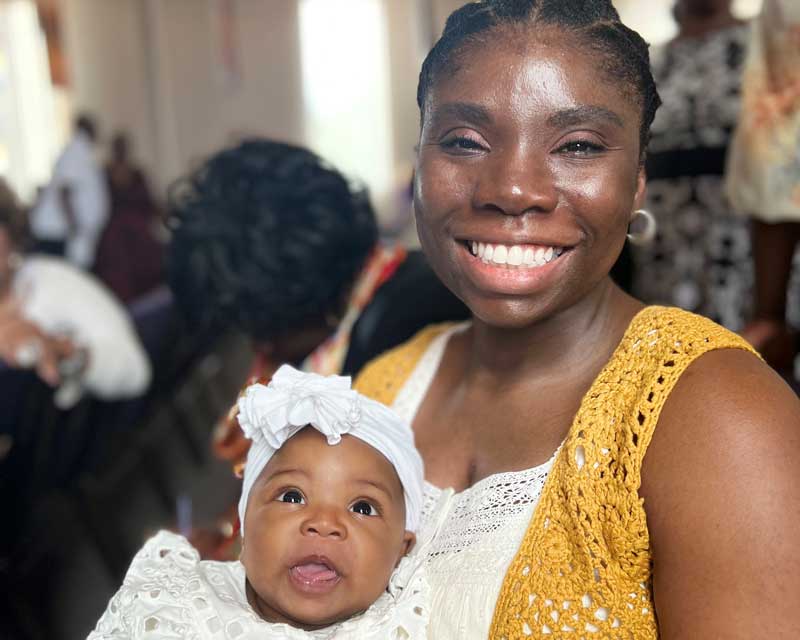Women and Congenital Heart Defects

Naomi was born with tetralogy of Fallot.
Menstruation
Adolescents with congenital heart disease may start their menstrual cycles slightly later than girls without CHD. This is especially true in adolescents with cyanosis, a condition in which blood pumped to the body has less oxygen than normal. Women with cyanosis also may be more likely to have irregular periods.
Birth Control
It is important that you talk with your physician about birth control options and the advisability of becoming pregnant if you have a congenital heart defect. There is limited information on the risks or benefits of birth control methods for women with CHDs. Some women may be at increased risk of blood clots with their specific CHD and may be advised to avoid estrogen-containing contraceptives (i.e., combined birth control pills, ring, patch).
There are many appropriate forms of birth control available. Women with a CHD should discuss with their primary care provider, gynecologist and cardiologist the best method to use and work together to tailor birth control to their specific heart problem.
Pregnancy
Most women with a heart defect can have a safe pregnancy and healthy baby. However, the normal changes of pregnancy put extra stress on the body and the heart, which is working harder to pump blood to the baby.

Victoria was born with an atrial septal defect and a hole in her heart.
Women with CHDs may be at higher risk for other health issues including:
- Anemia (blood doesn’t carry enough oxygen to your body)
- Hemorrhage (blood loss)
- High blood pressure
- Diabetes
- Infectious diseases
- Mental health issues
Women with a CHD should talk to a cardiologist and obstetrician with expertise in adult congenital heart disease before becoming pregnant. A "pre-pregnancy" evaluation will give health care professionals time to treat any problems that could arise during pregnancy and optimize maternal health to become pregnant. The health care team will also provide information on the safety of a pregnancy for mother and child.
Women may also wish to participate in genetic counseling, which helps adults with congenital heart defects determine the likelihood that their children will also have a heart defect. The chance of having a baby with CHD varies widely based on defect, but genetic counseling can help address concerns about starting a family.
Some types of heart disease are considered extremely high risk so pregnancy isn’t recommended. These include pulmonary hypertension, severe heart failure and dilated (enlarged) aorta. Women who remain cyanotic should also avoid pregnancy because it increases the risk of blood clots and stroke. If you have Eisenmenger's syndrome (cyanosis and pulmonary hypertension), the risk is extremely high for both the mother and her fetus. It’s best for women to work with a high-risk obstetrician along with a cardiologist familiar with their condition.
Most women with CHD can deliver their babies vaginally, unless they suffer from other complications or are at high risk. A cesarean section typically isn't necessary just for heart reasons.
Risk to the Baby
A baby whose mother has a congenital heart defect can still have a healthy heart but is at a higher risk of heart disease. In these cases, it's often smart to perform an ultrasound called a fetal echocardiogram to check the fetus's heart for possible defects. A specially trained health care professional can perform the test around the 18th week of pregnancy.





